Manhattan Projects —— The Rise and Fall of Urban Renewal in Cold War New York
----- 曼哈顿项目:冷战纽约市区重建的崛起和衰落
Moving beyond the usual good-versus-evil story that pits master-planner Robert Moses against the plucky neighborhood advocate Jane Jacobs, Samuel Zipp sheds new light on the rise and fall of New York's urban renewal in the decades after World War II. Focusing on four iconic "Manhattan projects"-the United Nations building, Stuyvesant Town, Lincoln Center, and the great swaths of public housing in East Harlem-Zipp unearths a host of forgotten stories and characters that flesh out the conventional history of urban renewal. He shows how boosters hoped to make Manhattan the capital of modernity and a symbol of American power, but even as the builders executed their plans, a chorus of critics revealed the dark side of those Cold War visions, attacking urban renewal for perpetuating deindustrialization, racial segregation, and class division; for uprooting thousands, and for implanting a new, alienating cityscape. Cold War-era urban renewal was not merely a failed planning ideal, Zipp concludes, but also a crucial phase in the transformation of New York into both a world city and one mired in urban crisis.
{{comment.content}}
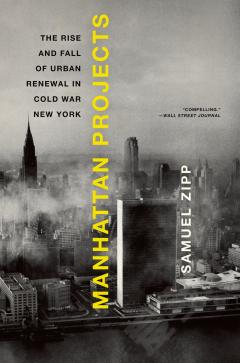
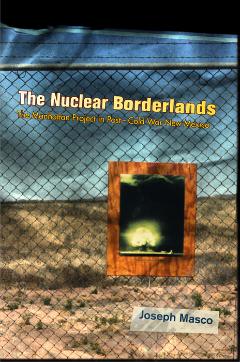
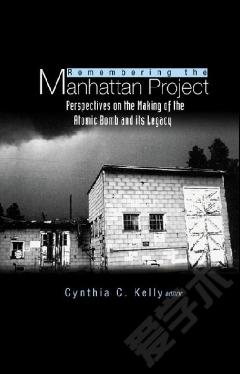


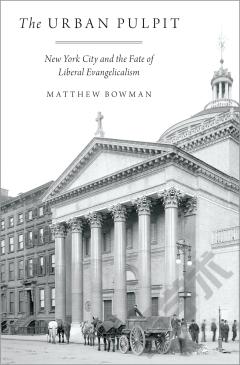
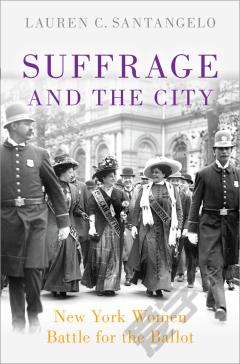

 京公网安备 11010802027623号
京公网安备 11010802027623号